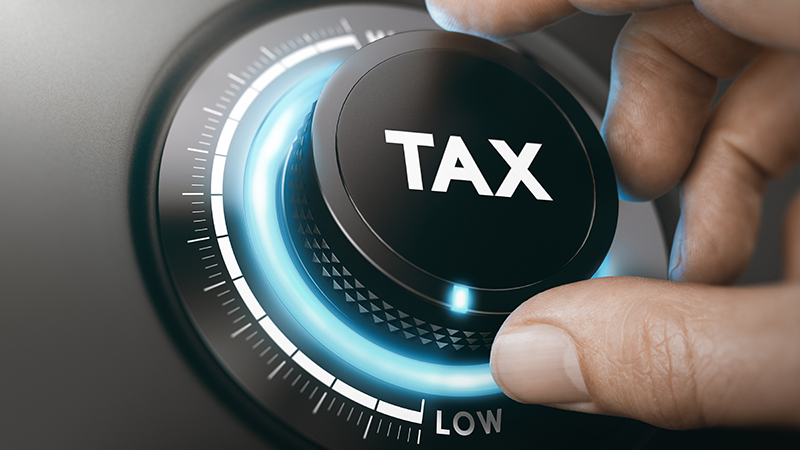Research Insights: To pay or not to pay?
The reputational effects of tax avoidance strategies

Everyone, corporations included, should pay their fair share of taxes, but legal tax avoidance improves the bottom line and increases shareholders’ wealth. So, what should corporations do, and what is the impact of corporate tax strategies—either minimal or aggressive tax avoidance—on a company’s reputation?
Chun Keung (Stan) Hoi, Professor in Saunders College Department of Finance and Accounting, with co-authors, enters this debate with an article, published in Accounting and Business Research: “Does public scrutiny on corporate tax decisions affect directors? Effects of responsible (irresponsible) corporate tax practices on director reputation.”
Using the 2004 Citizens of Tax Justice (CTJ) report, Hoi’s study revealed the tax avoidance practices of a select group of companies. Using a six-year period straddling the issuance of that report, Hoi and his colleagues analyzed over-time changes in external board seats held by incumbent directors, a common indicator of corporate reputation. The authors compared scrutinized companies from the CTJ report that used aggressive (that is, irresponsible) tax avoidance practices as well as companies from the CTJ report using responsible taxes practices with comparable corporations not in the report. Their statistical analysis teased out how board members fared in terms of gaining external board seats pre and post the CTJ report.
The study finds that on one hand, incumbent board members of scrutinized corporations—that is, reported by CTJ—with minimal tax avoidance strategies gained more seats than those in the matching control companies. In other words, reports of their responsible tax strategies improved their reputations. “However,” write the authors, “directors in scrutinized firms with aggressive tax avoidance practices neither gained nor lost more external board seats after the CTJ event than did directors in control firms.” Responsible tax strategies help; irresponsible strategies don’t hurt.
“So, it’s a mixed message,” says Hoi of the findings. “A preexisting argument that is dominant is we want to maximize profit. Legal tax avoidance is good in this sense. But there is a reputational benefit to minimizing tax avoidance.”
Will companies self-discipline? Despite the evidence that employing responsible tax strategies improves reputation, as Hoi concludes, “There is only minimal motivation to do good.”
View paper: Hoi, Chun Keung, Yun Ke, Qiang Wu, and Hao Zhang. "Does public scrutiny on corporate tax decisions affect directors? Effects of responsible (irresponsible) corporate tax practices on director reputation." Accounting and Business Research (2022): 1-22.












